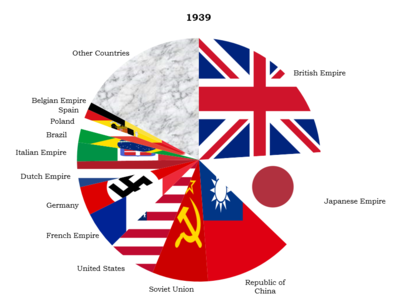Agenda 21 identifies population growth as one of the crucial elements affecting long-term sustainability. Population growth, at both national and sub national levels, represents a fundamental indicator for national decision makers. Its significance must be analysed in relation to other factors affecting sustainability.
However, rapid population growth can place strain on a country’s capacity for handling a wide range of issues of economic and social significance. Population densities influence production and consumption patterns of individual countries and therefore have an effect on the environmental impacts, particularly when rapid population growth occurs in conjunction with poverty and lack of access to resources. Larger population densities will generally consume more materials and produce more waste and pollution than smaller ones. This in turn will add to the challenges of sustainable development.
Today’s rapid global population growth is therefore often seen as something that is not sustainable.
Population Indicators
- Population growth and density
This indicator describes the relative national and global population densities along with population growth.
- Working from Home - March 21, 2024
- Eco-Friendly Companies in the UK - March 6, 2024
- Public Transport - February 15, 2020
